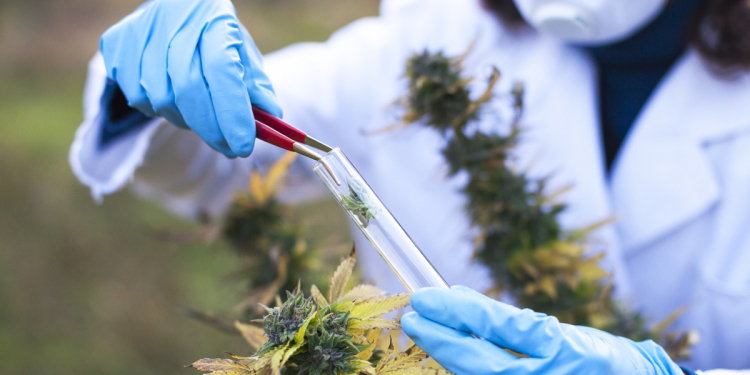“Crowdfunding” campaigns for the homeopathic treatment of cancer are overwhelmingly an American phenomenon and can be highly successful in terms of dollars raised, despite no evidence of efficacy, indicates a new study published January 1 in the Lancet Oncology, published by Medscape.com
A June 2018 analysis of the crowdfunding platform GoFundMe identified 220 unique campaigns for cancer patients seeking financial support for homeopathy.
The vast majority (186; 85%) of the campaigners were in the United States, with some in Canada (23; 10%) and the United Kingdom (8; 4%), and just one campaign each in Germany, Ireland, and Spain.
The campaigns requested US $5.8 million and were pledged US $1.4 million (24% of the total requested amount) by 13,621 donors.
There are three outstanding reasons that this group of 200-plus cancer patients turned to homeopathy, report the study authors, led by Jeremy Snyder, PhD, of Simon Fraser University, Burnaby, British Columbia, Canada.
Cancer patients intended to use homeopathy as a complement to standard cancer treatment (83; 38%), rejected standard treatment (63; 29%), or could not afford/accommodate standard therapy (69; 31%).
There is “broad consensus” in the scientific community that homeopathy is “ineffective,” write the study authors.
“These treatments are the bunkiest of the bunk, just complete garbage,” Snyder commented to the science blog, Gizmodo.
Snyder told Medscape Medical News that crowdfunding “opens up a new world of possibilities by providing people with a source of funding to pursue these unproven treatments — it also serves to normalize it.”
He added that complementary and alternative medicine providers “may be pushing their clients to crowdfund; this is something I’ve documented in stem cell clinics.”
Indeed, the new study indicated that more than a quarter of the cancer patients (62; 28%) died following the start of their homeopathy-based campaigns. The number is very likely an underestimate because of underreporting, said Snyder.
Additionally, Yale’s Johnson pointed out that even better prognosis, early stage cancer patients who reject standard treatment and exclusively opt for alternative therapies dramatically increase their mortality risk, as demonstrated in his 2017 study.
In the current study, the investigators report that about a third of the campaigns (63; 29%) made unsubstantiated, positive claims about the activity of homeopathy for cancer.
The claims included personal anecdotes and “sweeping activity” statements. Only 1% cited uncertainty about homeopathy’s efficacy.
The study authors would like to see professional organizations partner with crowdfunding platforms “to combat the worst forms of harm and misinformation.”
Source: Medscape.com





























Discussion about this post